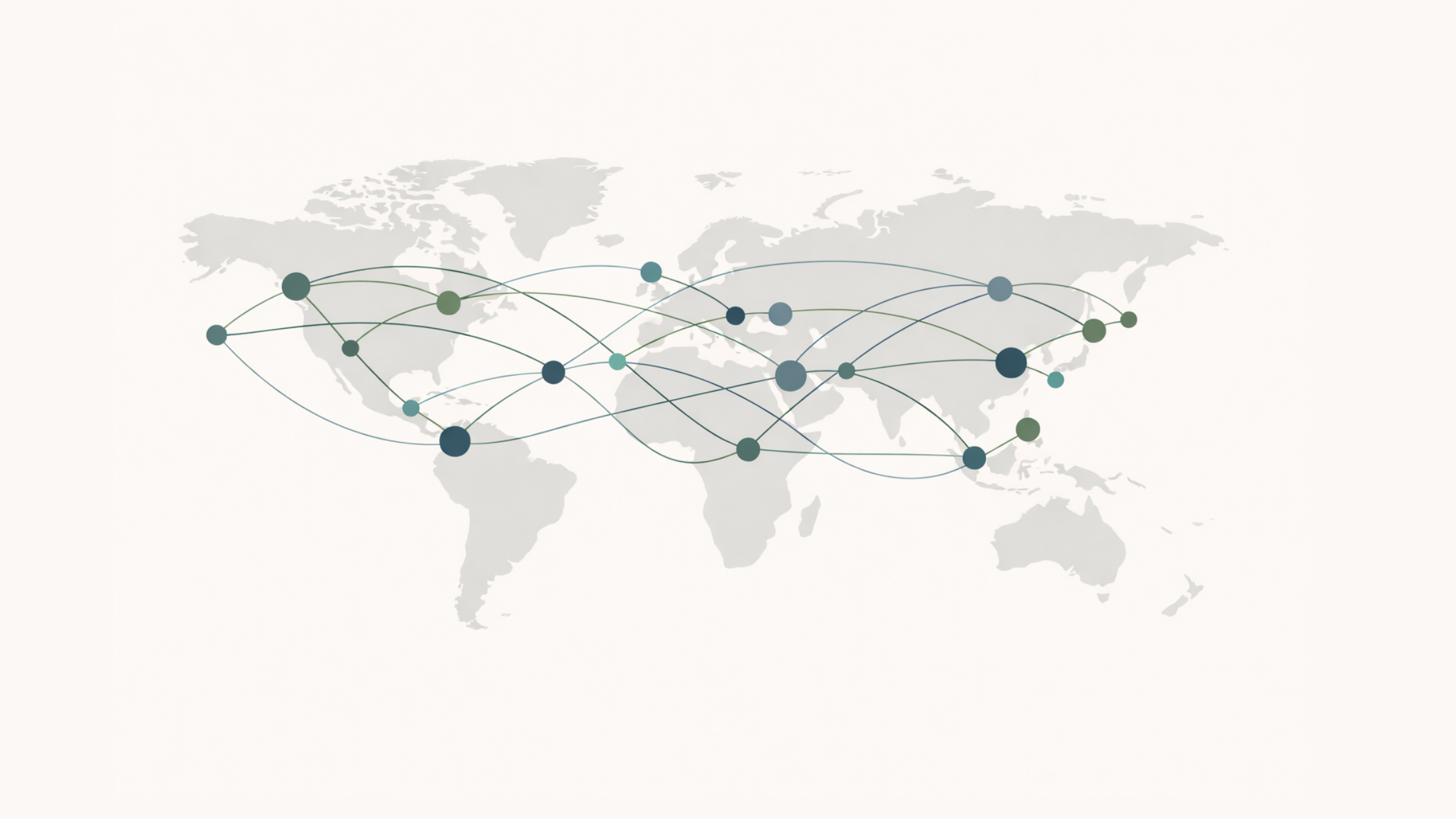By Bahar Gidwani
As promised, we’ve talked in previous posts about the wide array of information that is available on corporate social responsibility (CSR) and sustainability subjects. The big financial research firms, standards organizations, not-for-profits, and government sources each offer their own top-down, carefully organized version of how companies are performing socially. What about bottom-up measures? Are there “crowd-sourced ratings” for CSR? If you are like me and you use the travel reviews on TripAdvisor or the product reviews on Amazon, you know how valuable this type of data can be.
We’ve been able to integrate three crowd sources so far, into our giant database of ratings information. One of our earliest partners was a company called Jigsaw. (Jigsaw was bought last year by Salesforce.com for $142 million!) Its members volunteer data on the companies and people they work with. In return, they get back information on other companies and people they are interested in. As the data flows in, Jigsaw uses special programs to cross-check names, addresses, and descriptions. The result is an ever-growing address book of information on thousands of companies. This address book helped us figure out which companies to track and gave us a head start on their industries and locations.
Glassdoor is another example—and a good one—of how crowd sourcing can help with CSR analysis. An employee who joins the Glassdoor site can upload her or his comments on the company she or he is working for. The employee can comment on the work environment, pay scale, and on the performance of the management team (including the company’s CEO). After a while, Glassdoor builds up enough data on a company to allow it to publish a rating of how it treats its employees—and scores for things like the performance of the company’s CEO. Glassdoor members get to see this data, comment further on it, and then use it in their job search and career planning. We’ve started integrating this bottom-up score into the Labor section of our data—and hope to soon have comments about how the inside view via Glassdoor compares to how company labor policies are seen by external sources.
Wikis represent a different, more collaborative approach, to crowd sourced data. The best-known example of a Wiki is Wikipedia—one of the most-visited sites on the Web and everyone’s favorite modern-day encyclopedia. We’ve now partnered with a Wiki called WikiPositive, that was built by the folks at 3 Sisters Sustainable Investments. (BTW, 3 Sisters recently decided to also support and invest in our CSRHUB enterprise.) Over the past two years, WikiPositive has recruited a large and growing group of contributors who are interested in helping investors (and others) discover the positive value that is being created by smaller publicly-traded companies. This group felt too much emphasis was being put on the CSR activities of the top 1,000 or 1,500 public companies, when many of the most interesting new approaches to sustainable business management were being developed by smaller companies. Their site represents a great example of how crowd input can be used to change the focus of a discussion and bring new information into a discussion.
A number of other interesting models and concepts are being explored. For instance, MoxyVote allows individuals to get involved in the proxy process—a long-standing method for influencing corporate behavior. Greenwala gives its users the opportunity to form communities of interest and then recommend green and sustainable products to one another. Alonovo and other responsible shopping sites capture feedback on the products they sell from their user base of socially aware consumers. Goodguide offers carefully researched ratings on the products it covers—and then encourages its users to add their views and advice.
We need to organize the feedback we get on the ratings we offer and help our users learn from each other. We are working on our own system for integrating feedback from users directly into our scores. By adding this data to the data we get from a growing list of crowd data sources, we should ensure that our ratings accurately include the views of the people who work in, buy from, and serve the companies we rate.
Bahar Gidwani is a Cofounder and CEO of CSRHUB. Formerly, he was the CEO of New York-based Index Stock Imagery, Inc, from 1991 through its sale in 2006. He has built and run large technology-based businesses and has experience building a multi-million visitor Web site. Bahar holds a CFA, was a partner at Kidder, Peabody & Co., and worked at McKinsey & Co. Bahar has consulted to both large companies such as Citibank, GE, and Acxiom and a number of smaller software and Web-based companies. He has an MBA (Baker Scholar) from Harvard Business School and a BS in Astronomy and Physics (magna cum laude) from Amherst College. Bahar races sailboats, plays competitive bridge, and is based in New York City.


.png)
